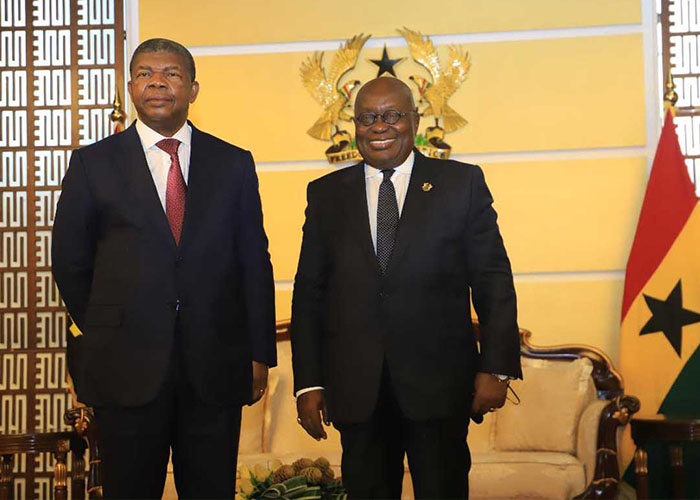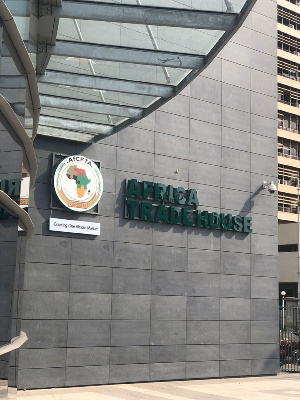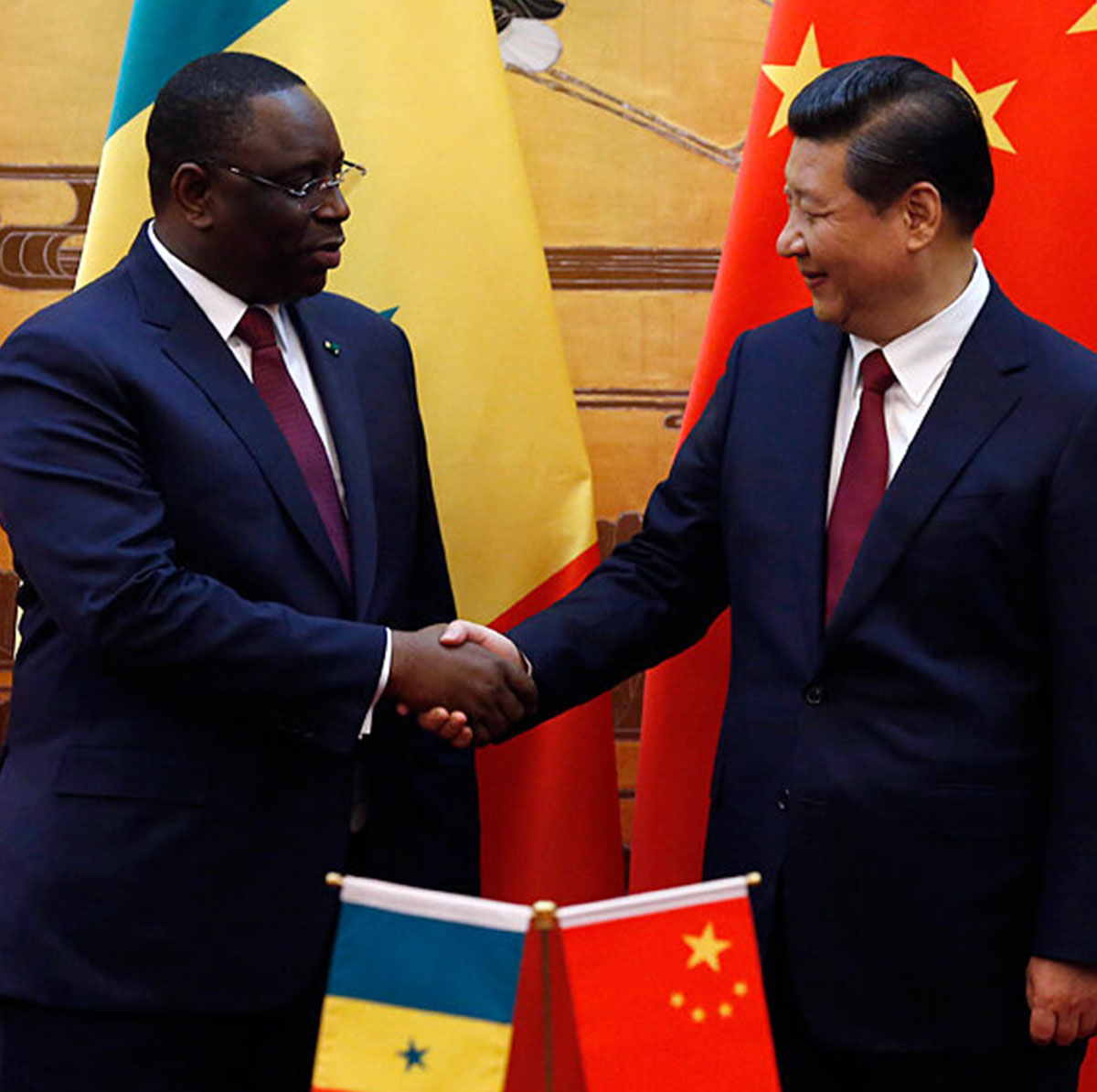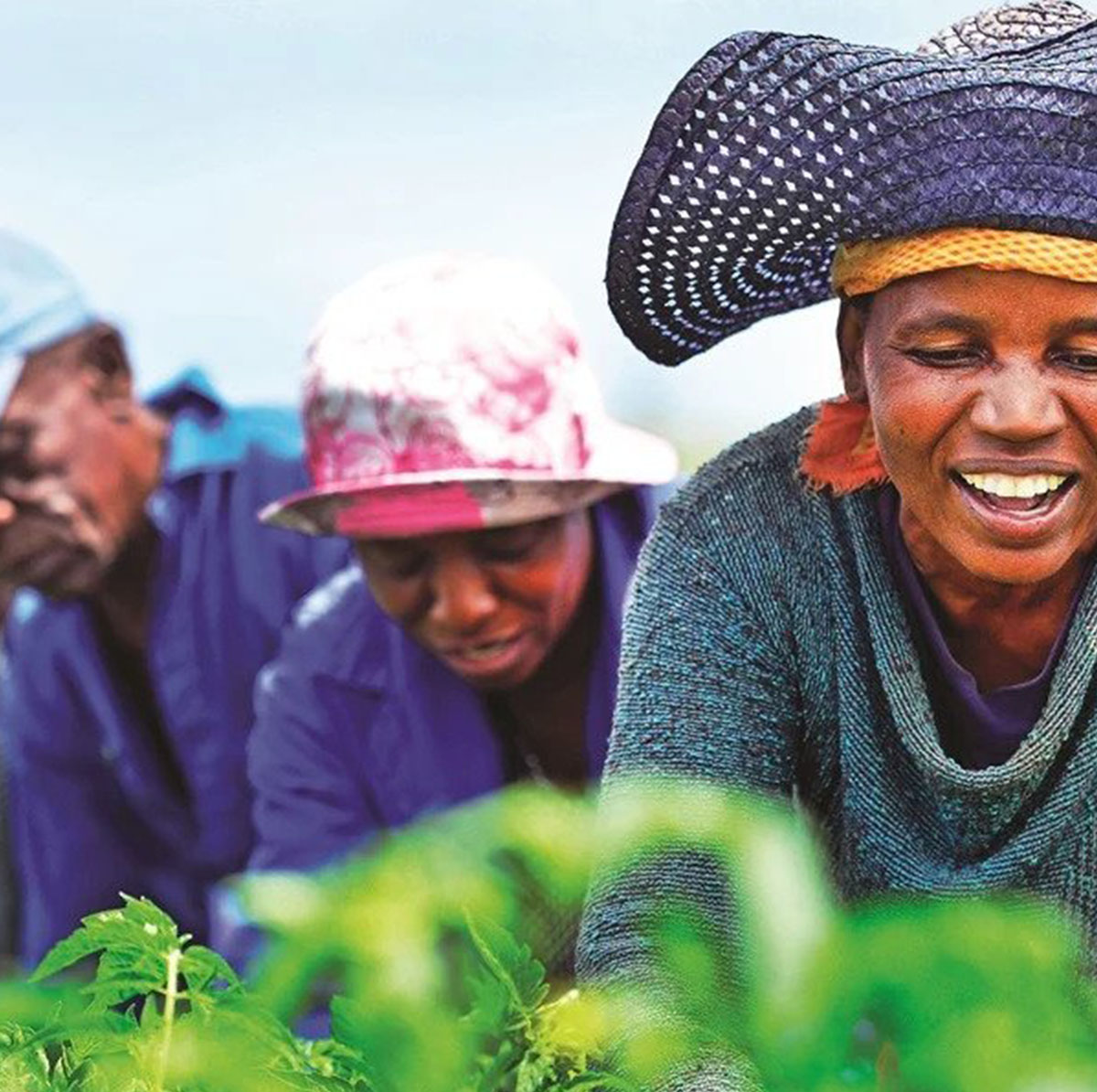CALLS
Ahunna Eziakonwa, director of UNDP’s regional bureau for Africa, believes the African free trade area will unleash immense...
See moreON THE LAW
A single market is a legal order, and requires a comprehensive dispute resolution mechanism, argues Leon Gona, a legal practitioner ...
See moreGUIDE
The free trade area in Africa hardly succeeds in the absence of an integrated high-speed rail network covering much of the continent ...
See moreFIRESIDE CHAT
The United Nations Development Program (UNDP) has launched a Fireside Chat, seeking solutions-oriented conversations ...
See moreACFTA: A Cause For Optimism ?
The recently created African Continent al Free Trade Area has been the cause of much optimism amongst businesses across the continent. ...
See moreInterview with Mr Rowland Ataguba - The African High Speed Railway Network
Rowland Ataguba is an expert on Railway Infrastructure Development and has worked extensively around the world. He is the Managing Director of Bethlehem ...
See moreChina Is the Biggest Winner From Africa’s New Free Trade Bloc
When the African Continental Free Trade Area (AfCFTA) was initially proposed at the African Union summit in 2012, it had two goals: First, build a pan-African agenda in trade and ...
Modernising African Payment Systems
African Banker magazine in partnership with StoneX will host, on September 14, a webinar convening the leading organisations paving the way to build a continent wide pan-African payment system. ....
Trade, Not Aid – A revitalized partnership towards integration for sustainable development in Africa
Through the African Continental Free Trade Agreement (AfCFTA), Africa is voting for trade as a means for implementing the SDGs. The COVID-19 pandemic...
See more
Africa tries free trade
The obsession with economic nationalism in Africa gives way to liberalization, argues an op-ed published in Reason. In a decade, the AfCFTA 90pc of tariffs on goods traded between member states will be abolished. By 2035, th...
African Continental Free Trade Area (AfCFTA)
The African Continental Free Trade Area (AfCFTA) aims to integrate, diversify and industrialize African economies...
Read from Previous Editions
( VOLUME 3): South Africa’s agricultural sector to benefit from access to African markets
Agricultural economists and analysts say the newly established African Continental Free Trade Area (AfCFTA) will provide agribusinesses...
(Volume 1): Foresight Africa 2021
With this and every iteration of Foresight Africa, we aim to capture the top priorities for the region in the coming year, recommendations for African and global...







